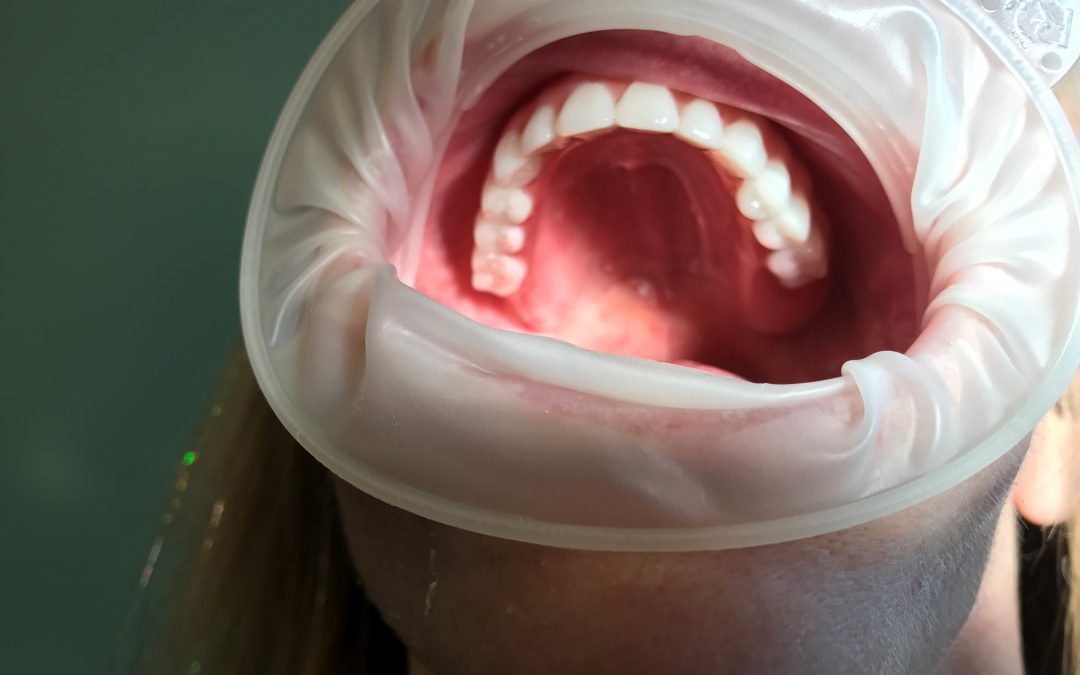Saliva plays an important role in the use and maintenance of dentures. Here are some ways in which it can affect dentures:
- Adhesion: Saliva helps create a natural suction between the denture and the gums, which helps hold the denture in place. This is especially important for lower dentures, which can be more difficult to keep in place.
- Lubrication: It can also help lubricate the denture, which can prevent irritation and sore spots in the mouth.
- Cleaning: It helps to clean dentures, as it contains enzymes that can break down food particles and bacteria. It’s important to rinse dentures with water after eating to remove any residual food particles and saliva.
- Denture adhesives: Some people may need to use denture adhesives to help keep their dentures in place. These adhesives are designed to work with saliva to create a stronger bond between the denture and the gums.
- Dry mouth: However, people with dry mouths (xerostomia) may have difficulty using dentures because they do not produce enough moisture to create the necessary adhesion and lubrication. In these cases, artificial substitutes or other lubricants may be recommended to help with denture use.
What if I have excess saliva with my dentures?
Excessive production (hypersalivation) is a common problem that can occur when wearing dentures, especially during the initial adjustment period. Here are some tips to help manage excess saliva with dentures:
- Stay hydrated: Drinking plenty of water can help keep the mouth hydrated and reduce excessive production.
- Practice swallowing: Swallowing frequently can help stimulate the muscles in the mouth and throat, which can help reduce excessive saliva production.
- Adjust the fit: If the dentures are too loose or do not fit properly, they can cause excessive production. Your denturist can adjust the dentures or recommend a denture adhesive to help improve the fit.
- Avoid certain foods: Some foods, such as spicy or acidic foods, can increase salivary production. Avoiding these foods or eating them in moderation can help reduce excessive production.
- Talk to your denturist: If you continue to experience excessive production, it’s important to talk to your denturist. They can examine your dentures and recommend adjustments or other solutions to help improve your comfort.
Overall, it plays an important role in the use and maintenance of dentures, and it’s important to keep the mouth hydrated and healthy to ensure proper adhesion and comfort. Excessive salivary production with dentures is a common issue that can be effectively managed through proper care and adjustments. If you continue to experience discomfort, talk to one of our team members at Woodside Denture Centre – we are here to help you!

